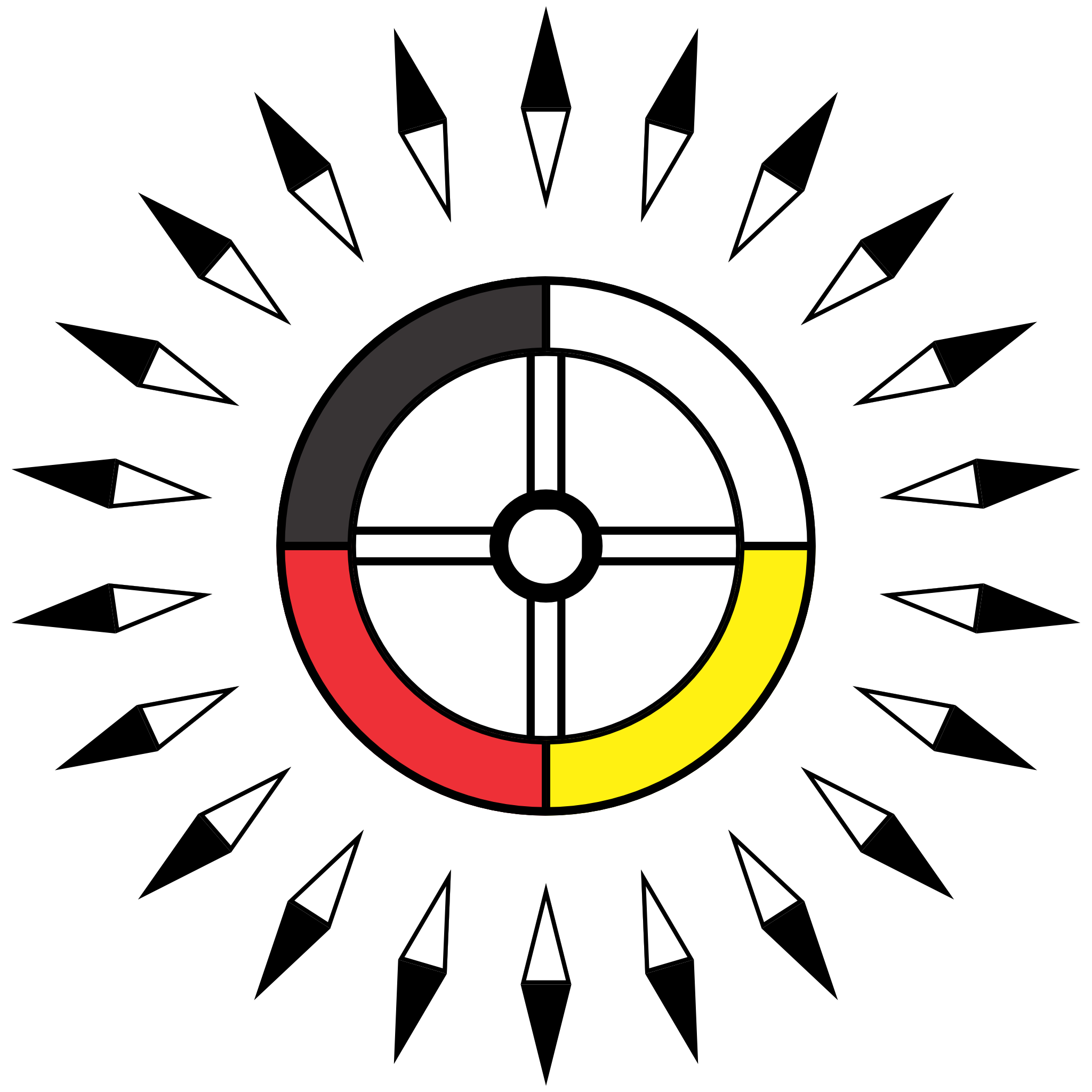The Pulitzer Prize and National Book Award-winning author Louise Erdrich visits the Haskell Auditorium at Haskell Indian Nations University on Saturday, October 12th. Louise tells the audience about her newly published novel “The Mighty Red” (Erdrich, Louise. The Might Red. HarperCollins, 2024.)
The discussion of the acclaimed novel was an open event in the Haskell Auditorium. Louise Erdrich is a renowned Indigenous Author. She is enrolled in the Turtle Mountain Band and Chippewa in North Dakota and owns the Birch Bark Bookstore in Minneapolis, MN. Erdrich writes Children’s Literature, poetry, and nonfiction and has published thirty books.
The Mighty Red (Erdrich, Louise. The Mighty Red. HarperCollins, 2024) In Argus, North Dakota, a collection of people revolves around a fraught wedding. Gary Geist, a terrified young man set to inherit two farms, is desperate to marry Kismet Poe, an impulsive, lapsed Goth who can’t read her future but seems to resolve his. Hugo, a gentle red-haired, home-schooled giant, is also in love with the Kismet. He’s determined to steal her and is eager to be a home wrecker. Kismet’s mother, Crystal, hauls sugar beets for Gary’s family and, on her nightly runs, tunes into the darkness of late-night radio, sees visions of guardian angels, and worries for the future, her daughter’s and her own.
It was a packed house at the Haskell Auditorium. Erdrich read a few passages from her new novel, and then, at the end, she answered a few questions from the crowd. The last time Erdrich was in Lawrence was the day before everything fell apart, COVID-19. Erdrich talks about the Birch Bark bookstore that started in 2001. She started it when Amazon began to knock out her favorite bookstores and was unsure if they would survive. She wanted to start as a native bookstore so that people could get more information about the indigenous people. When it first started, it only had one bookcase of all native books, and now the whole bookstore is full of native books, and most are written by Indigenous authors. This event was hosted by Haskell, the Lawrence Public Library, and the Raven Book Store. After the event, the Raven Book Store sold signed copies of Louise Erdrich’s novels.
Q&A
Question: “I read your book this week and was touched by it. I wanted to ask young writers like myself, such as native writers, what advice you would give us to step out of our comfort zones and show our work to the world.” said a Haskell student.
Erdrich replied: “I always say go for it. Go for it with all your heart, put everything into it, and do not hold back. Don’t be embarrassed; I mean, I first started writing like it was a confessional. I started writing, thinking no one was going to read my book, so I let everything go into it. I also wrote several books before I got a published book, so when I say don’t hold back, I’m also saying be tough on yourself and rigorously realize you aren’t going to hit the perfect book right off the bat. You are going to have to practice, practice, and keep going. You must fail a lot to get where you want, but don’t give up; give everything you have.”
Question: “How do you, as indigenous people, reconcile what is happening in today’s society with the past?” asked a student.
Erdrich replied: One thing that really bridges the past and the present is that it is all the present, not the past. Our ancestors knew this and regarded this as more of a continuous than linear. What we experience now is not just generated by the past, but it is the past. We hold everything in existence all at once and feel what happened in the past; we deeply feel it and understand what is happening now. The past is happening now, so that’s how I bridge the past. I don’t think of it as the past as really the past; it is not gone; it’s part of what’s happening now. Sometimes I go somewhere, and people think, oh, since it’s Indigenous writing, it somehow emerges from the soil and emerges from the land, and it’s like some sort of magical aqua that happens. I do research; I am very rigorous, and we have to be rigorous as indigenous people. We have to think through, research, and try to do as much grounded research as Indigenous people. Indigenous research differs from Western research because we use conversations, we talk to people we love, and we use dreams. We use our dreams as a form of communication to speak to our elders and ancestors.
Question: “Who are some native writers you would recommend?” asked a student.
Erdrich replied: “I read books that inspire me, such as James Welch, Joy Harjo, and Tommy Orange. I also like Natalie Diaz’s poetry.”
Question: “What does your writing process look like? Do you have specific rituals or practices that help you get into the flow?” asked a student. Erdrich replied: “That is a great question because I don’t have one, so I try to invent one daily. I wake up every morning and have to do some things every day; my home life is very complicated. So writing is just this game that I try to win every day. It’s like a Tetris game to put everything in its place. I write as much as I can.”
